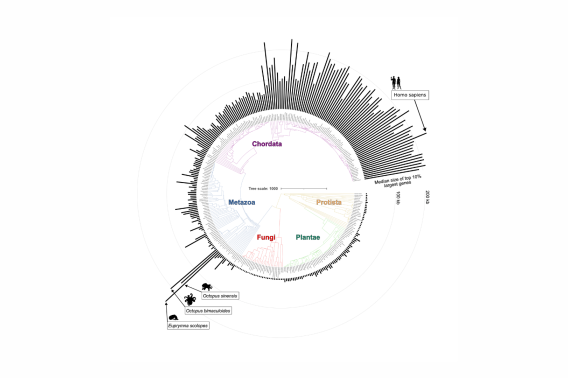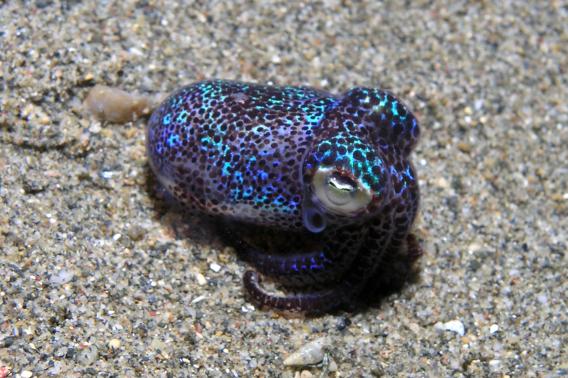
Matt McCoy
Matt McCoy is a postdoctoral fellow advised by Prof. Andrew Fire at Stanford University School of Medicine. Matt earned a Bachelor’s degree in Biology from the University of Utah in 2011, and a PhD in Molecular Genetics and Genomics from Washington University in St. Louis in 2018. During his graduate studies, Matt used microRNA-mediated reprogramming of human skin cells to neurons to study the molecular mechanisms underlying neuronal cell fate acquisition. As part of this work, he found that collective expression of the largest, most complex genes in the genome can be used to distinguish neuronal cells from non-neuronal cells. Matt was awarded a Grass Fellowship in Neuroscience in 2018 and a Whitman Fellowship in 2019 at the Marine Biological Laboratory in Woods Hole, Massachusetts, where he found that this phenomenon is observed across diverse vertebrates and invertebrates, including the cephalopod squid and octopus, which evolved complex nervous systems independently from vertebrates. For his postdoctoral work, Matt is applying experimental and computational methods to understand the causes and consequences of gene size expansion of neuronal genes using both the nematode Caenorhabditis elegans, which has a small genome and simple nervous system, as well as the cephalopod squid, Euprymna berryi, which has a large genome and complex nervous system. By studying this distinct class of large, complex genes, Matt hopes to uncover their contribution to the molecular diversity and complexity of nervous tissue, as well as to the etiologies of neurological disorder and disease.


